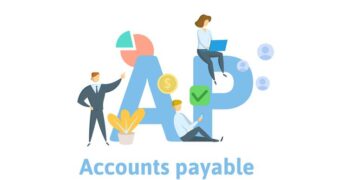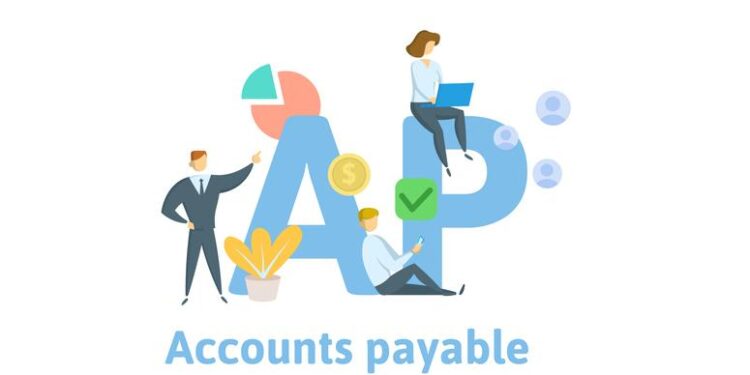Accounts payable automation is a process that involves the use of technology to simplify the process of paying bills and invoices. This process can include various tasks, such as automating the data entry of invoices, automating the approval process, and automating the payment process. By utilizing automation, businesses can achieve a greater level of efficiency, accuracy, and cost savings in their accounts payable operations.
One of the major advantages of implementing accounts payable automation is the improvement of accuracy and reduction of errors. By automating tasks such as data entry, businesses can eliminate the risk of human error that can occur during manual data entry. This results in more accurate and timely invoice processing, which in turn can lead to better relationships with vendors and suppliers. Additionally, automating the data entry process can also help to reduce the risk of late fees and other penalties, as invoices will be processed and paid on time.
Automating data entry also means that invoices are entered into the system faster, which leads to faster processing and payment. This can help to improve cash flow and reduce the risk of missed payments. Automation also allows for the easy tracking of invoices and payments, which can help to identify any errors or discrepancies quickly and easily. This can lead to improved accountability in the accounts payable process.
Accounts payable automation is the ability to save time and improve efficiency. By automating many of the tasks associated with paying bills, businesses can free up valuable time and resources that can be used for other important tasks. This can include everything from analyzing financial data to focusing on strategic initiatives. Additionally, automating the payment process can also help to improve cash flow and reduce the risk of missed payments.
Additionally, accounts payable automation can also help to improve security and compliance. By using technology to secure and track invoices and payments, businesses can ensure that sensitive financial data is protected and that all transactions comply with relevant laws and regulations. This can help to reduce the risk of fraud and other financial crimes, as well as improve overall compliance.
Overall, there are many benefits to be gained from automating accounts payable operations. By using technology to streamline the process of paying bills and invoices, businesses can achieve greater efficiency, accuracy, and cost savings. Additionally, accounts payable automation can also help to improve security and compliance, as well as improve relationships with vendors and suppliers. To achieve this, businesses can use software such as invoice processing software, electronic invoice presentment and payment software and integrated accounts payable software.
However, it’s important to note that while automation can bring many benefits, it’s not a one-size-fits-all solution. Businesses should carefully evaluate their needs and consider the costs and benefits of different automation options before implementing any changes. Additionally, it’s important to have a plan in place for monitoring and maintaining the automation systems to ensure that they continue to function correctly and provide value over time.
Final Words:
Accounts payable automation is a powerful tool for businesses looking to improve efficiency, accuracy, and cost savings in their accounts payable operations. By automating data entry, approval, and payment processes, businesses can free up valuable time and resources, improve relationships with vendors and suppliers, and reduce the risk of errors and missed payments. Additionally, accounts payable automation can also help to improve security and compliance. Businesses should carefully evaluate their needs and consider the costs and benefits of different automation options before implementing any changes. With the right approach, automation can bring significant benefits to businesses of all sizes.




























































